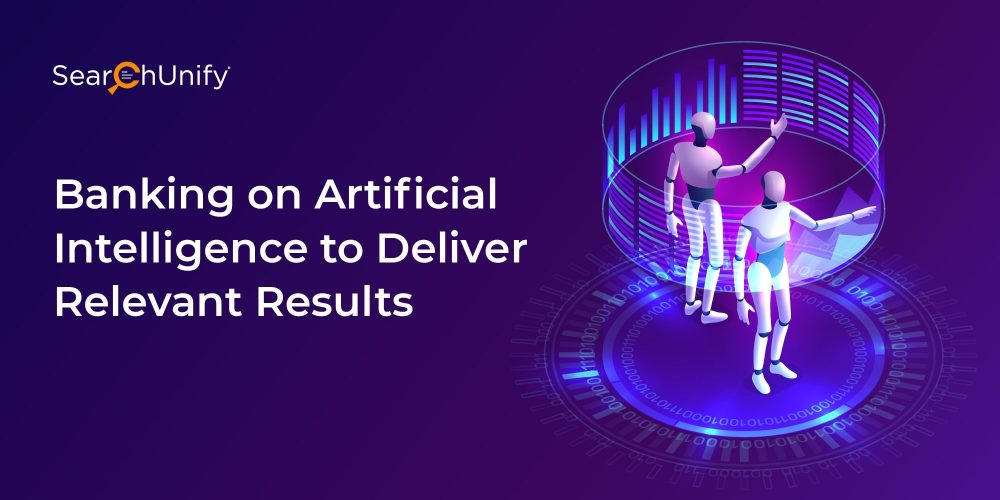
Relevance is the driving force behind every effective search solution. After all, what good is a search that does not even fetch the right results?
A study by Advanced Web Rankings revealed that average users do not look past the initial five results on the first result page. This implies simply indexing information does not cut it anymore. The best results need to be right at the top in order to catch the user’s eye.
In the purview of search, relevance – which is a careful infusion of natural language processing (NLP), machine learning, sponsored results, synonym management, and personalization for the audience – defines how well a document serves the user’s purpose.
What is Relevancy Ranking?
Since the window to provide the right answers is rather narrow, it is imperative to deliver the best pieces first. This is where relevancy ranking comes into play. It refers to the method of organizing results in a way that the closest matches to the search query appear at the top. Nifty!
While most firms have recognized the power & potential of search, many still continue without the awareness on the importance of relevance. As a result, they (unknowingly) fail to entice a rather large sect of their users.
Clearly, you would not want your organization to be one of them, would you? In this post, we will outline how you can leverage an AI-driven enterprise search solution to ensure your search becomes fluent in relevance! Here we go!
1. Tuning Results
One of the biggest advantages of using an AI-driven enterprise search over the barebones keyword-based search is that the former offers the ability to fine tune search results in three broad ways:
- User’s Intent – The state-of-the-art algorithm running at the back-end matches queries with available content and then personalizes the order of top results based on user’s role, permissions, and search behavior.
- Machine Learning – It constantly monitors user’s search history and behavior across channels to display the most relevant results for their query. It considers syntax, not just keywords for more precise answers.
- Admin’s Preference – Additionally, it has an option to manually optimize results on the basis of:
- Keywords: You get to rank keywords that your analysis suggest are likely to perform better.
- Content Type: It is possible to prioritize results from of one type or platform over others. For instance, displaying official help articles over discussion threads makes sense and is quite feasible.
- Field Type: The user experience would improve by heaps and bounds if you prioritize threads marked as solved/closed inside your community over those that remain unanswered, wouldn’t it? In such cases, the ability to sub-select priorities is truly a bliss.
2. Managing Synonyms & Stop Words
Sometimes, people have a hard time in remembering and using the right words to find necessary information. In such cases, they often go with words that they deem fit. Fortunately, synonym mapping exists to make their life a lot easier.
Once synonyms are defined, AI assists the system to zero-in on pieces containing them or their variations. Similarly, it takes care of singular & plural along with stop words (like ‘how to’ & ‘why is’) and makes sure nothing hampers the delivery of right information.
3. User-driven Analytics
Understanding user’s journey and intent is the key to delivering stellar results. From an overview of users’ search behavior to tracking their entire journey, cognitive search has got everything covered.
It also enables you to keep track of most searched queries with and without results. Additionally, you can see the number of people converted along with those who still lodged a case. This helps you understand user actions and better predict their preferences. As a result, you are better equipped to curate valuable and succinct content.
4. Content Gap Analysis
When you are able to quantify everything ranging from results with least clicks to top results with no clicks, it becomes fairly easy to identify content gaps. You can prune the irrelevant pieces from your repository and focus more on information that users actually need.
Additionally, you can see if there are any entries in the most converting pieces that did not make it to the top results, and which items are relevant but still having low Time on Page due to their length or other factors. This way, AI helps you craft intelligent content which performs well.
Hit the Right Note at The Right Time!
AI has bestowed us with the ability to develop solutions that constantly improve themselves, thereby completely revolutionizing the technological terrain. When we added AI to search, the age-old semantic search was replaced with something more relevant, personalized, and nuanced – Cognitive Search.
Understanding users’ needs and then timely delivering precise information is no longer a mission impossible. All you need to do is jump on the AI bandwagon and reap the benefits of staying one step ahead of user expectations at all times!
Want to see how AI can help you enforce relevance and create a personalized user experience? Sign up for a free demo now!

















